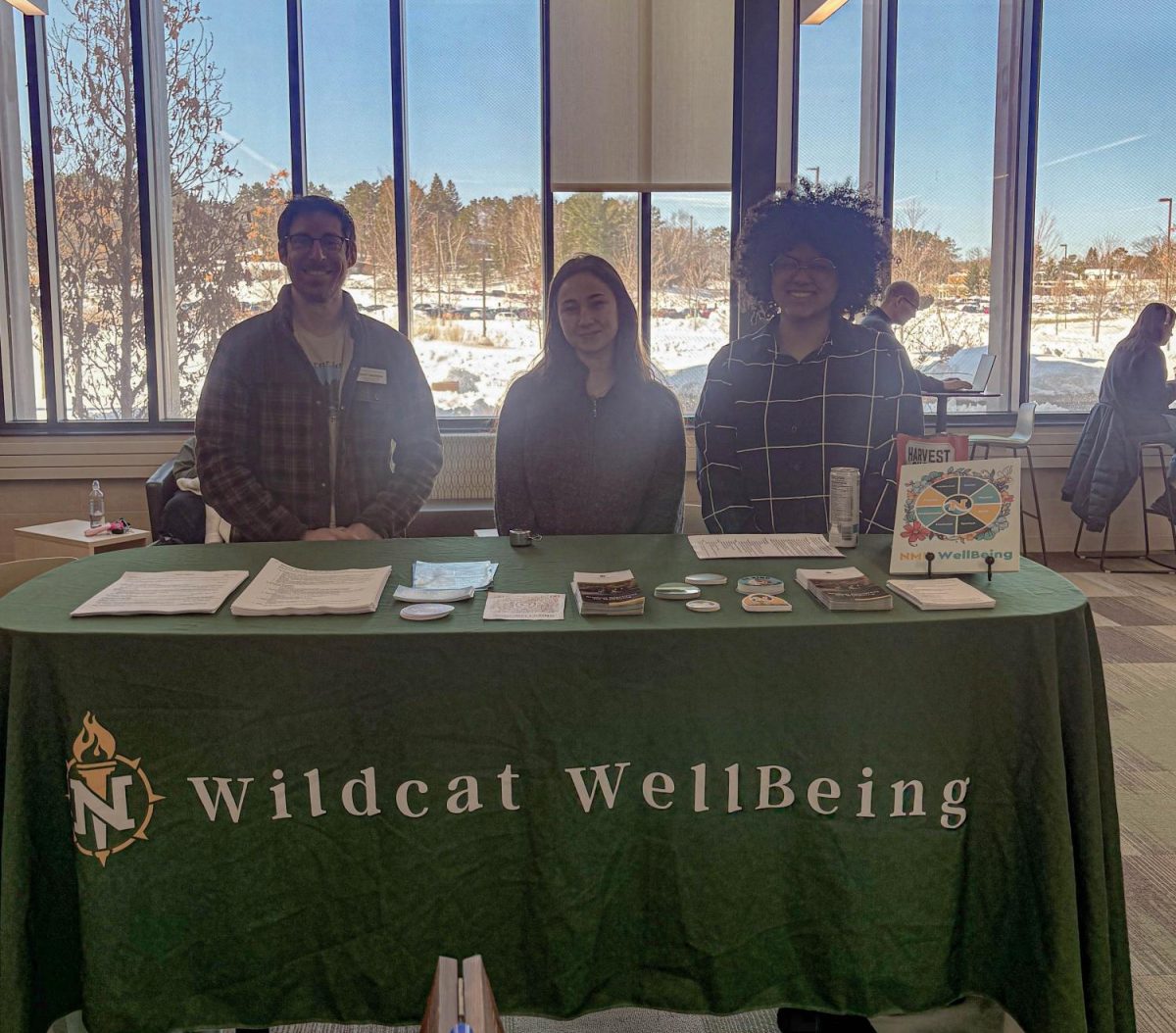The NMU archives recently launched the development of The Upper Peninsula Digital Network or, UPLINK, which will enable heritage organizations around the UP to digitize their collections of historical media. This is thanks to a $100,000 grant from the National Historical Publications and Records Commission.
The NHPRC distributes up to ten million dollars in grants annually. The money goes to archives around the country, which help support the preservation and documentation of United States history.
UPLINK is one of those projects. NMU’s archivist, Marcus Robyns, was inspired to start the project about four years ago when he was contacted by a small historical society in the eastern U.P.
The society found some business records dating back to the 1800s, and contacted Robyns to see if any NMU students were interested in studying the documents. However, there was a catch. The society didn’t want to relinquish ownership of the documents to NMU. This reluctance is often the case with heritage institutions all across the U.P.
“These groups are very protective of their material,” Robyns said. “They don’t want to give it up.”
Many heritage institutions in the U.P. are isolated from one another and lack the technology and funding necessary for proper preservation. If they are unwilling to donate their collections to larger institutions there is little chance the U.P. will be able to maintain a comprehensive record of local history. Robyns knew of other digital preservation networks around the country.
“I thought, ‘Why can’t we do something like that here,’ he said. “The principal reason is we don’t have much money.”
Robyns requested and received a grant from the NHPRC. Now, he plans to use that money to accomplish his vision with the help of academic and historical institutions around the U.P.
According to UPLINK’s Governance and Procedures Report, “UPLINK’s mission is to collaboratively manage and sustain a low-cost, secure and geographically distributed digital preservation and access service for locally created digital primary source material documenting the history of the Upper Peninsula of Michigan.”
The network will have three service hubs: NMU, Michigan Technological University and Lake Superior State University. Materials will be collected and digitized at these locations following a procedure documented in the network’s technology plan.
Heritage organizations will be able to loan items such as documents to the network. After being digitized and preserved online, the physical material will be returned to the lender. This way, much of the U.P.’s written and recorded history will be easily accessible to the public in the future.
Although the network is Robyns’s idea he didn’t come up with its name. He decided to hold a contest within NMU’s archives. Student assistants submitted ideas for the name of the network. The winning name was proposed by junior criminal justice major Jonathan Sullivan, who said coming up with an acronym for Upper Peninsula Digital Network Project required creativity.
“You can’t just take the first letter of each word,” Sullivan said. “It doesn’t spell anything.”
Sullivan took the first two letters of UPLINK from “Upper Peninsula.” The third and fourth letters are found in the word “Digital,” and the last two come from “Network.” Robyns says the name is brilliant because it evokes a sense of digital connection, which is exactly what the project aims to accomplish.
When can the U.P. expect to be linked? The project is being carried out over a two year period.
“I’m hoping that at the end of the two years it will be a stable, up and running network with a governing board and active staff and volunteers,” Robyns said.
UPLINK is currently conducting a nationwide search to hire a digital project archivist who will be primarily responsible for the digitization of collections over a two year period. Once that position has been filled and the network is ready the public will have access to a growing digital collection of documents and audio-visual media.
“This is the stuff that defines our history, who we are,” Robyns said. “It’s the memory, the record of our culture and without it we don’t know who we are, or where we came from or what we are.”
More information about UPLINK can be found here.


























